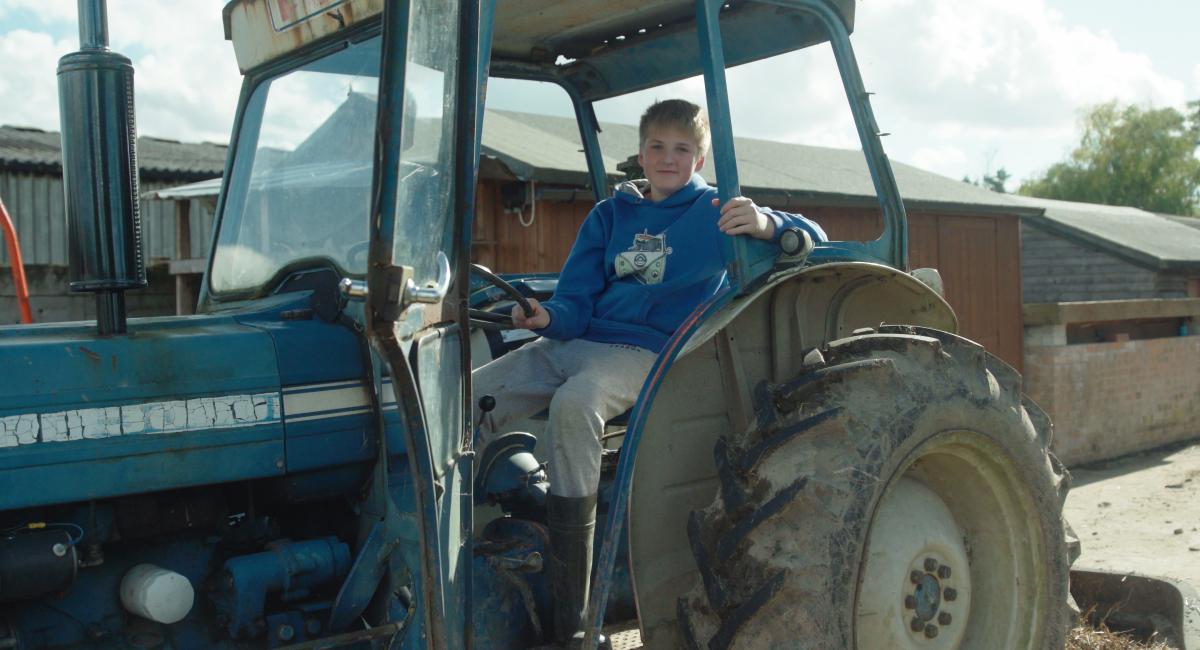
Care farms offer calming and supportive spaces for young people who may struggle with learning.
On a care farm, young people can improve their health and wellbeing or gain qualifications and skills. For some young people, care farming can be a path back to mainstream education.
Over half of UK care farms work with young people with Autism Spectrum Disorders and learning difficulties or as part of Alternative Provision. Around 40% of UK care farms work with under 18s with learning disabilities, mental ill health or physical disabilities.
"We have found that care farming is a really effective service for those who perhaps struggle with schooling, because it offers them an opportunity to do something different to academics, it's that hands-on work and sense of purpose."
Emma Thomas - Bridge School, Malvern
Young people can be referred to care farms by schools, local authorities, parents or other agencies. Referrals can be for many different reasons, including learning difficulties, a disability, behavioural challenges or mental ill health. Referrals to care farms can be part of SEND, part of an Education, Health and Care Plan (EHCP) or as Alternative Education Provision.
Resources for educators and care farmers
To find out more about referring a young person to a care farm, take a look at the Countryside Classroom website for teachers and educators.
If you run a care farm and work with young people, you can register for free on the website to promote what you do to potential referrers.
If you are a farmer already offering one-off school visits but want to develop regular care farming sessions, our Practical Activities for Farm Visits resource on the Countryside Classroom website can help. Developed with our partners LEAF Education, It's packed with inspiring activities to get you started.
Watch our short video about how care farming helps young people in education:
Watch a care farming for education webinar produced as part of our Growing Care Farming project:
